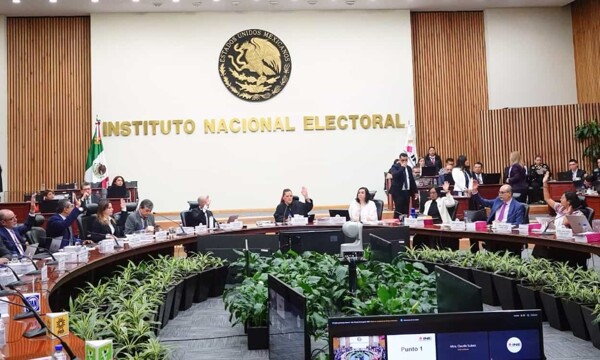
Recently, there has been an increase in the relevance of the resources needed for the manufacturing of electric vehicles, both land and aerial. In particular, the price of lithium has experienced a significant decrease in recent months, which may facilitate access to essential raw materials for companies in the United States and Mexico.
In this context, Donald Trump's possible victory in the upcoming U.S. presidential elections could have important implications for the automotive industry. Elon Musk, leader of Tesla, could play a relevant role as a promoter of the elimination of regulations that hinder the implementation of autonomous vehicles and possibly flying vehicles.
This combination of factors indicates a promising future for electric mobility worldwide, with Mexico positioning itself as a key player thanks to its expertise in established automotive supply chains. However, to capitalize on this opportunity, issues such as insecurity in regions like Guanajuato, the epicenter of Mexican automotive manufacturing, must be addressed.
On the other hand, the Federal Aviation Administration of the United States has recently published final rules for electric vertical takeoff and landing vehicles, known as air taxis. This decision paves the way for a new multimillion-dollar transportation category, opening opportunities for startups and large investments from companies like Toyota and Stellantis in firms like Joby and Archer Aviation.
In a broader context, significant lithium reserves have been revealed in Southwest Arkansas, which could make the United States the world leader in this resource. These advancements, combined with the presentation of flying car prototypes at events such as the GITEX global technology fair in Dubai, point to a radical change in the transportation industry in the near future.














